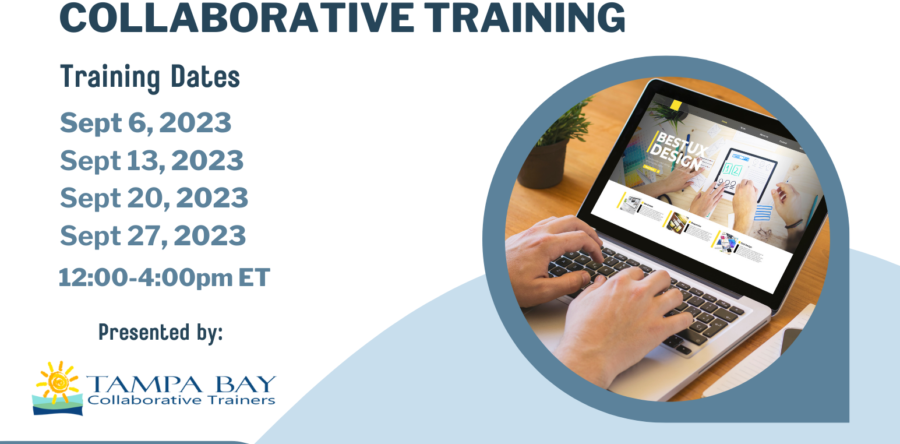Being trained in the Collaborative Process can greatly benefit family mediators in their practice. The Collaborative Process involves a cooperative and solution-focused approach to resolving conflicts, and it can be particularly effective in the context of family mediation.
Collaborative training emphasizes effective communication techniques. Family mediators who are skilled in active listening, asking open-ended questions, and facilitating constructive dialogues can help family members express their concerns, needs, and emotions more openly and productively. Collaborative training equips mediators with a toolbox of conflict resolution techniques. These techniques help family mediators guide participants towards mutually acceptable solutions, fostering an environment of cooperation rather than adversarial confrontation.
Family mediators trained in the collaborative process can help parties negotiate more effectively. They can assist in identifying common interests, exploring creative options, and guiding participants to craft agreements that are satisfactory to all involved. Collaborative training emphasizes understanding the underlying interests and needs of each party. This approach encourages family mediators to move beyond positional bargaining and work towards solutions that address the core concerns of all family members.
Collaborative training reinforces the importance of mediator neutrality. This ensures that family mediators approach disputes without favoring any particular party, helping build trust and confidence among participants. Family conflicts can be emotionally charged. Collaborative training equips mediators with techniques to manage and de-escalate strong emotions, creating an atmosphere conducive to productive discussions.
Family mediators trained in the collaborative process gain insights into family dynamics and systemic issues. This knowledge helps them address underlying issues that may be contributing to the conflict. Collaborative training often includes education on legal and ethical considerations. Family mediators with this training can navigate complex legal issues related to family disputes more effectively. Collaborative processes prioritize preserving relationships, which is crucial in family mediation where maintaining family ties is often a primary concern. Trained mediators can help parties find solutions that prioritize ongoing relationships, especially in cases involving co-parenting or extended family dynamics.
Training in the collaborative process is a valuable form of professional development. It enhances a mediator's skill set and can lead to higher credibility and demand for their services. Overall, being trained in the collaborative process equips family mediators with the tools and techniques necessary to guide families through challenging times, fostering understanding, cooperation, and sustainable resolutions. Get trained in the Collaborative Process, via Zoom, starting next week. CLICK HERE to register for our upcoming Introductory Interdisciplinary Collaborative Training.



